Mustard Made co-founders Becca + Jess share what International Women's Day means to them as business owners, leaders and mothers.
As a female-founded business and with a team that is 78% female-identifying, celebrating the achievements of women is something close to our hearts at Mustard. While this is an opportunity to reflect on how far we’ve come, it’s also a chance to recognise just how far we still have to go in achieving equity. This International Women's Day we asked our co-founders, Becca and Jess, what IWD means to them as female entrepreneurs, business leaders and mothers and what they see as the biggest challenges still facing women in business.

March 8th marks International Women’s Day and an opportunity to celebrate and acknowledge the contribution of women in our team, our brand partners and within our community. As a female founder, what does this day mean to you?
Jess - For me, International Women’s Day is about recognising that there is still a massive gap women experience in the workplace, in terms of pay, in terms of support and in terms of opportunity. Then looking at it from a Mustard perspective, it’s about being an example of what closing that gap can look like. We strive to be an example of an open, inclusive and diverse business that prioritises equity.
As a leader, this requires me to know my team and to help provide them with the individual tools, resources and opportunities they need to succeed and thrive. And to support each team member in the unique way they need which is something I'm really passionate about.
As we've grown Mustard and expanded our team, it has become really clear to us that our approach to leadership is different to the 'traditional' model. We want to do things differently and to lead in a way that aligns with our values.
Having worked in the corporate space for almost a decade, I have seen and experienced many different leadership styles. I think to really embrace equity requires us to be open to completely rethinking our definition of leadership which can feel scary. We have to break out of the box and consider what it takes to achieve equity for each member of our team on an individual basis. It's a big ask and there aren't a lot of really clear examples for how to do it. But the more conversations we have, like this one, the more we can learn to navigate equity for everyone.

The Rose Review, which was recently released in the UK, found that breaking down barriers faced by women entrepreneurs could boost the economy by £250 billion. What do you think is the biggest barrier facing female entrepreneurs in 2023?
Becca - For me, a huge challenge is supporting women in returning to work after having kids and realising that this support looks different and needs to be approached differently for everyone.
As a mum of three, I've had really varied experiences of coming back into the workforce. I had my eldest son Dylan during my first year at uni when I was 21. After moving to Australia and as a single parent with no extended family support, I found that it was incredibly challenging to balance inflexible work hours with the childcare I could afford. When I had my second son, Ellis, I had just closed my previous business (House of Bec). After spending the past few years working for myself and then with two young children, I really couldn't see how I was going to ever be employable again. It's one of the factors that motivated me to take the plunge and start Mustard. I couldn't see any examples of other businesses offering an approach that would suit me and my circumstances, so we decided to create our own business that would be the kind of workplace that embraced mothers as whole people.
The Rose Review found that the number of female-founded businesses has increased significantly over the last few years, which is fantastic but still represents only 20% of incorporations in that time. One of the big barriers to this growing even further is the lack of availability of childcare. It's something that needs to change in order for legitimate equity to be achieved. Not to mention the need to change the cultural pressures and assumptions we place on working mums.
This is a really personal (maybe unpopular) opinion, but I truly believe your kids will be just fine. Stay-at-home mum, full-time/part-time working mum… Whatever path you choose, at whatever time in your parenting journey, the guilt and judgement needs to go. You living the life you want, being happy, fulfilled and achieving the things you believe in will have a profound and positive effect on your kids, even if it means you can’t be at the school gate every afternoon.
Now, being able to support the mothers in our team throughout their careers and to have built a workplace that recognises and embraces their potential is something that makes me really emotional and so proud.

Five years on and a lot of learnings later, what are your top tips for female business owners or aspiring entrepreneurs?
Jess - My number one tip is to build your support network. Building a business can feel isolating sometimes, like you’re the only person going through all these things. Know that you’re not, that there are other women out there doing incredible things and feeling all the same things as you and who may have already navigated the challenges you’re experiencing.
Find your business besties, your hype team. Women you can relate to and look up to and who will help you cut through the imposter syndrome. Having a community you can turn to, for advice or just for an honest conversation, can make such a big difference!
My second tip is that sometimes you need to buy the shoes you want to fill (literally or figuratively!) Find what it is that you need to support yourself to be that person you’re aspiring to be. It might be doing a course you’ve been thinking about or it might be something as small as taking the time to get your hair or nails done to really make you feel like you’ve got your sh*t together. Whatever it is that makes you feel confident, do that. You owe it to yourself to put your best foot, in your best shoes, forward.

Mustard has grown from two sisters wanting to spend more time together to a global brand and a team of 26. What is the biggest challenge you have faced as a female founder of a fast-growing brand?
Becca - Imposter syndrome is still a big challenge for me. The 'who am I to do this' question is one that pops up A LOT (like even right now, writing this). Especially as our team continues to grow and my role within the business continues to evolve away from the day-to-day 'doing' and more towards vision, direction and leadership. It’s a huge shift and it can spark a lot of self-doubt.
Luckily I'm getting better at recognising when that inner voice is starting to pipe up with the negative self-talk. I know now that I don't have to fit a certain mould to be a leader and I remind myself it's not about having to know everything. It's about knowing Mustard and staying true to our values.
This year, something I keep saying to myself is 'as this business grows we have to grow too'. I guess it's a bit of a personal mantra right now because the fact is that personal growth can be really uncomfortable! It's sticky. It's hard. And sometimes, quite frankly, it really sucks. But I also keep reminding myself that there is nothing I wouldn't do for Mustard, I love what I do, so I need to keep challenging myself and stepping up to the level Mustard needs from me.





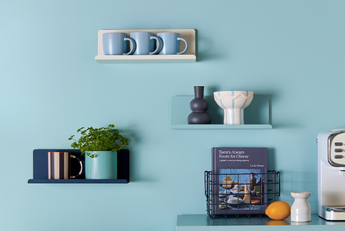
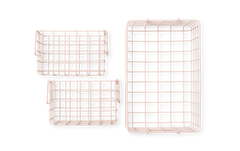
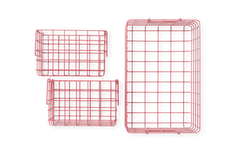

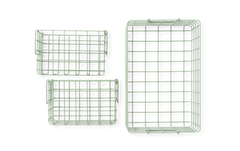
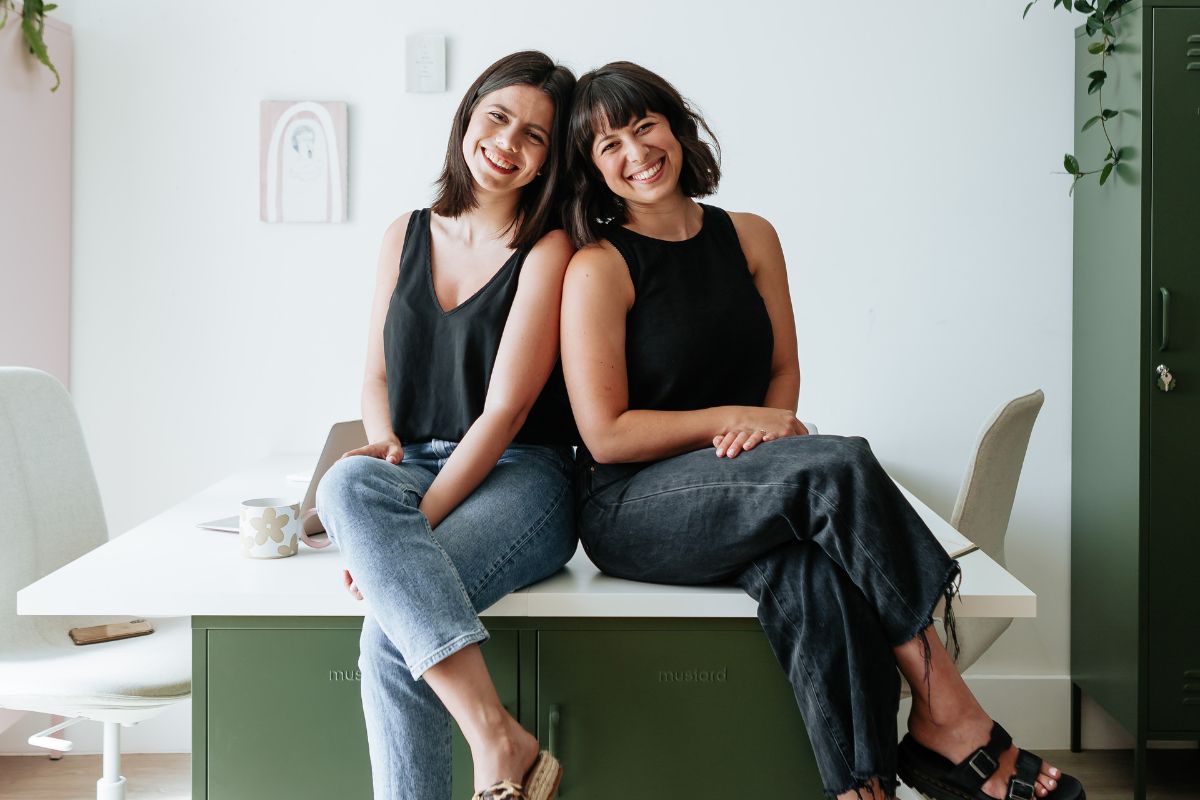




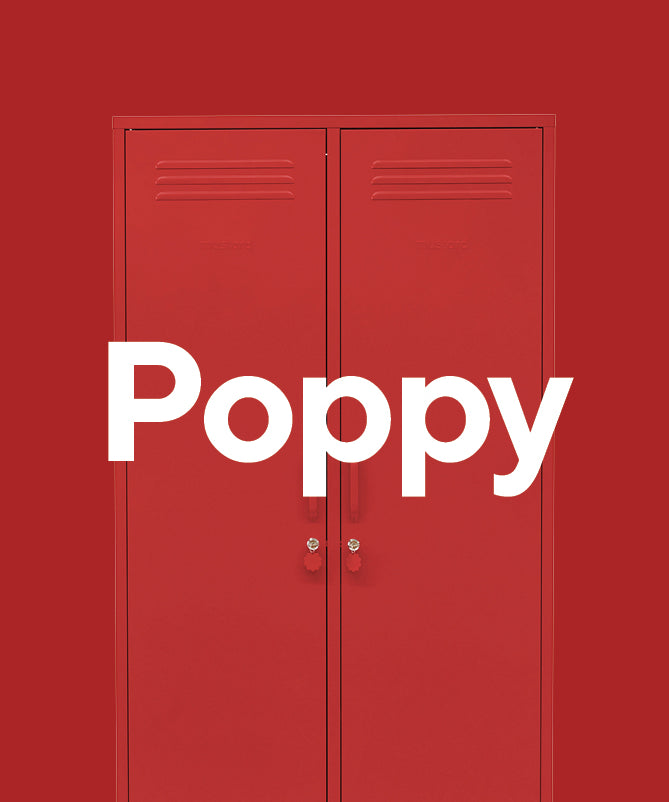
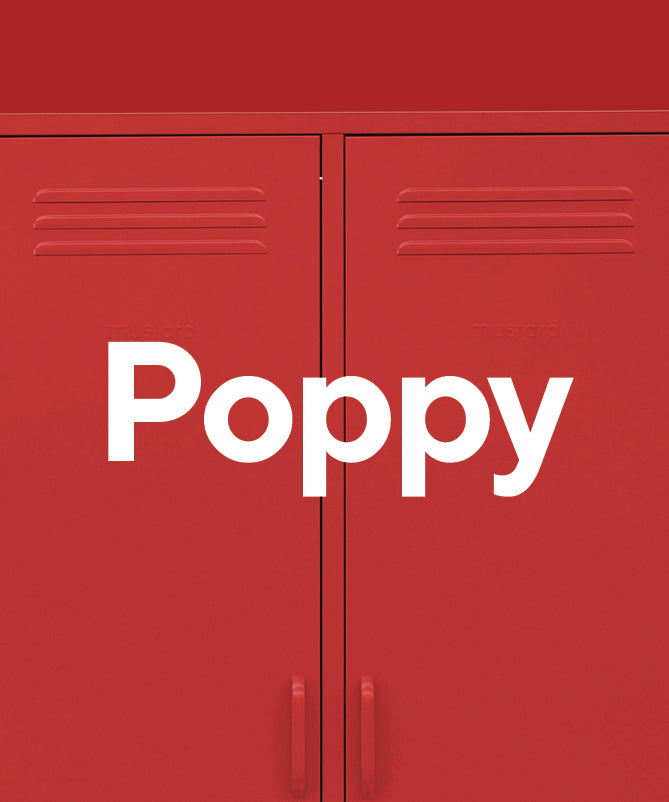




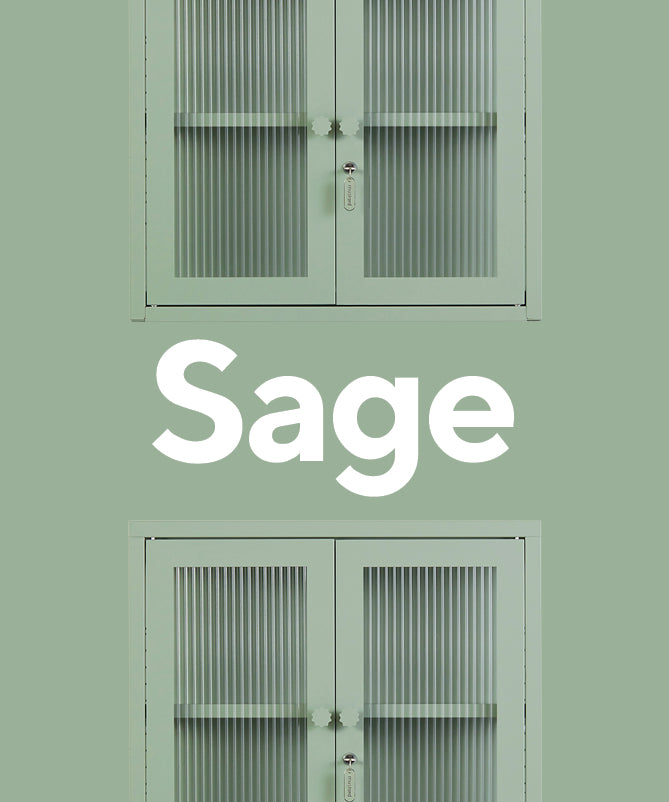
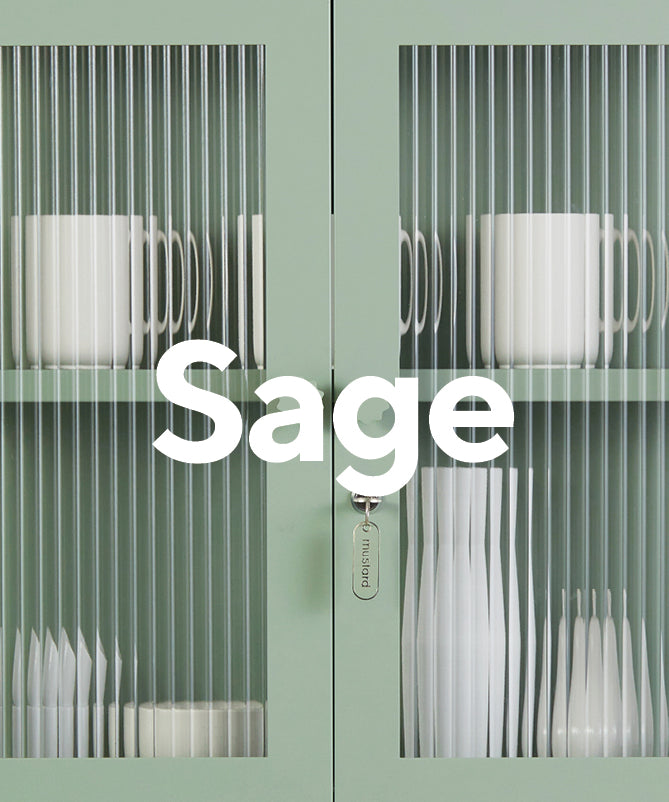
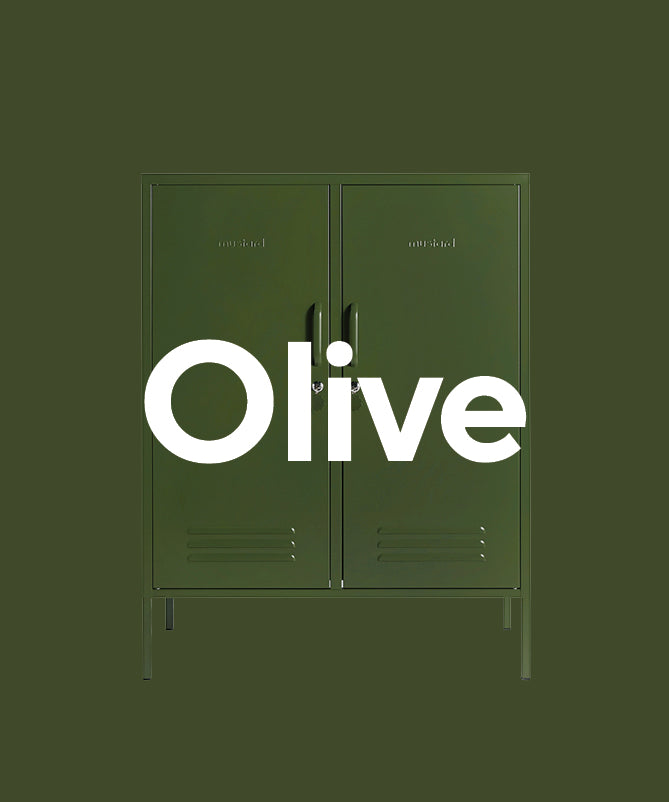
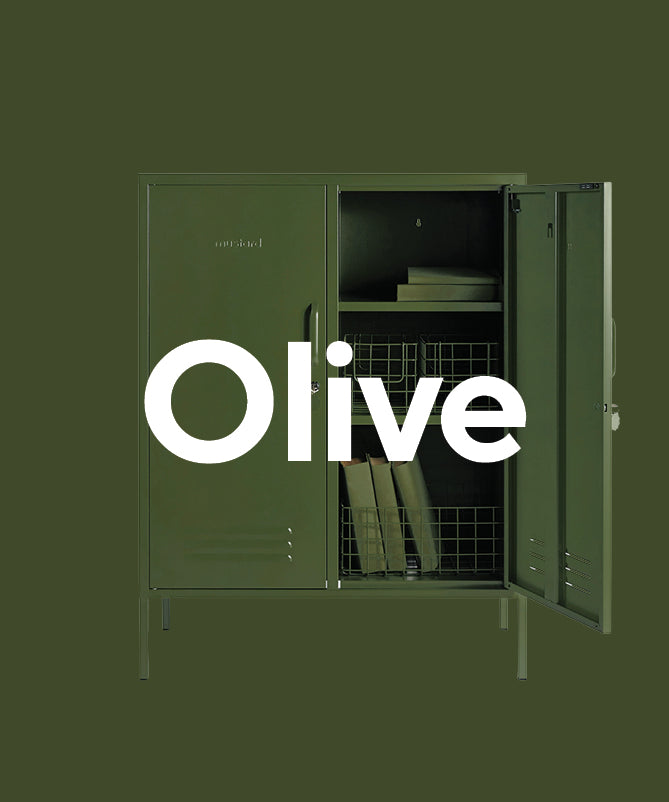










Leave a comment